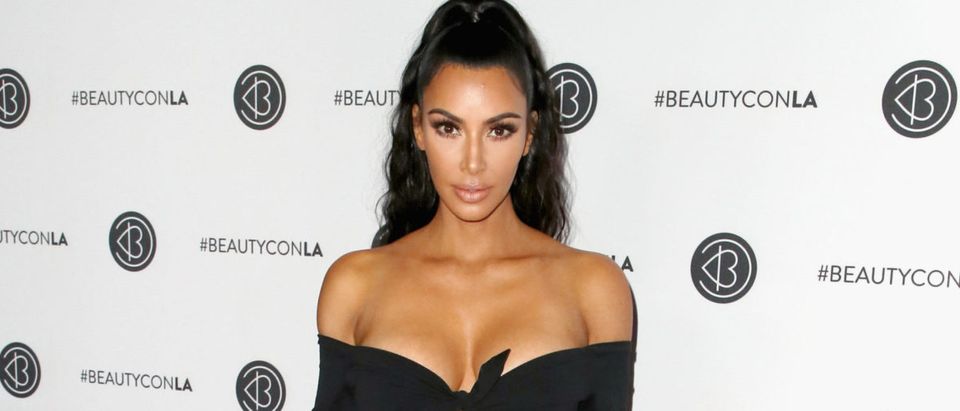Kim Kardashian called “cancel culture” the “most ridiculous thing” as she warned that if people all tried to change every “last thing” a critic said about them, they wouldn’t be themselves.
“If I worried about every last thing that someone said and I had to try to change it, then I would never be me,” the 41-year-old reality star shared during her interview with former New York Times journalist Bari Weiss published Thursday. (RELATED: Kim Kardashian Shuts Down Haters After Announcing Plans To Become A Lawyer)
“Anyone wouldn’t be them!” she added. “That’s why I think cancel culture is the most ridiculous thing, because I really do believe—and you and I have been at several dinners together where people are discussing their thoughts on it—in rehabilitation and freedom of speech. I’ve never really been into cancel culture.” (RELATED: Kim Kardashian Opens Up About WH Meeting, How It’s Inspired Her To Become A Lawyer)
On this week’s episode of @thehonestlypod, I spoke to a woman already living in the metaverse: @KimKardashian. Listen here: https://t.co/te9bDJQikD
— Bari Weiss (@bariweiss) December 16, 2021
When pressed further by the reporter about cancel culture and how “seriously” she takes it, Kardashian said, “if we cancel someone for something that they had done or said in their past, then we’re not inviting them into the conversation to really understand.”
“You might not care if it’s absolutely ridiculous,” the reality star shared. “But it’s a fine line. It’s what you were asking in the original question: When do you let something go? And when do you have your thick skin and not care what people say about you?”
“The more that I don’t care about fame, the less I care to correct people,” she added. “I don’t really care what people think about me, but there’s some times where I say, ‘OK, I completely understand how you would feel like this is disrespectful, and I will absolutely change this.’ I always own up to the mistakes that I make and I try not to make them again.”
The media personality said that if we don’t have conversations with people and just “shut them out” how are people “going to change something that isn’t right?”


